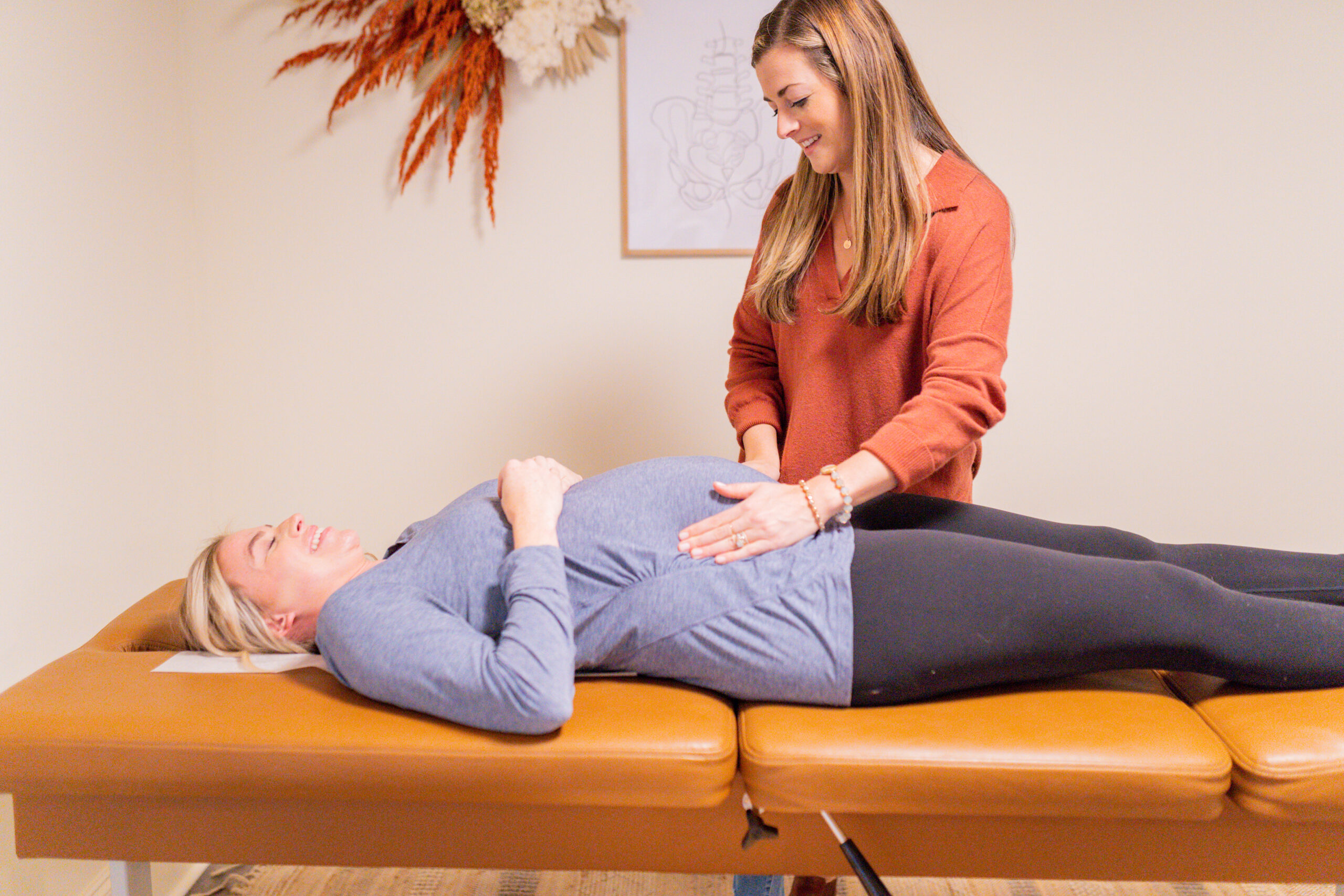Sleep, Development, and the Nervous System Connection in Children
Sleep is far more than just rest for growing children – it’s a crucial time when the nervous system consolidates learning, processes experiences, and supports physical growth. Understanding this connection can help parents recognize how nervous system health directly impacts their child’s sleep quality and overall development.
The Science of Sleep and Nervous System Development
During sleep, a child’s nervous system is incredibly active. The brain processes the day’s experiences, forms memories, and eliminates waste products through the glymphatic system. Growth hormone is released primarily during deep sleep, supporting physical development and nervous system maturation.
The autonomic nervous system, which controls involuntary functions like heart rate and breathing, must function optimally for quality sleep. When there are subluxations or dysfunction in the nervous system, it can interfere with the body’s ability to transition between sleep cycles and achieve truly restorative rest.
Common Sleep Challenges and Nervous System Health
Many childhood sleep issues may be related to nervous system function. Difficulty falling asleep can sometimes indicate an overactive sympathetic nervous system – the “fight or flight” response that should naturally calm down at bedtime. Similarly, frequent night wakings or restless sleep may suggest nervous system imbalances.
Children who have experienced birth trauma, falls, or other physical stresses may be more likely to experience sleep disturbances. Even seemingly minor events can impact delicate nervous system function in growing children.
How Gentle Chiropractic Care Supports Better Sleep
Gentle chiropractic adjustments can help restore proper nervous system function, potentially improving sleep quality. When the spine is properly aligned and nervous system interference is reduced, children often experience deeper, more restful sleep.
Parents frequently report improvements in their children’s sleep patterns following chiropractic care. Children may fall asleep more easily, sleep more soundly through the night, and wake up more refreshed and ready for the day.
The Developmental Impact of Quality Sleep
Quality sleep supported by optimal nervous system function has far-reaching effects on child development. Better sleep is associated with improved attention and focus, better emotional regulation, stronger immune function, and enhanced learning and memory consolidation.
Children who sleep well are often more resilient to stress, show better social skills, and demonstrate improved academic performance. The nervous system’s role in coordinating these complex processes underscores the importance of addressing any dysfunction early.
Creating a Sleep-Supporting Environment
While chiropractic care addresses nervous system function, parents can also support their children’s sleep by creating optimal sleep environments. Consistent bedtime routines, appropriate room temperature, and limiting screen time before bed all support the nervous system’s natural sleep-wake cycles.
Regular physical activity during the day, exposure to natural light, and proper nutrition also support nervous system health and quality sleep. When combined with gentle chiropractic care, these lifestyle factors create the best possible foundation for healthy sleep and development!
©Freedom Chiropractic | Terms and Conditions | Privacy Policy | Copy & Website by Liberty Type
©Freedom Chiropractic | Terms | Privacy
Copy & Website by Liberty Type






